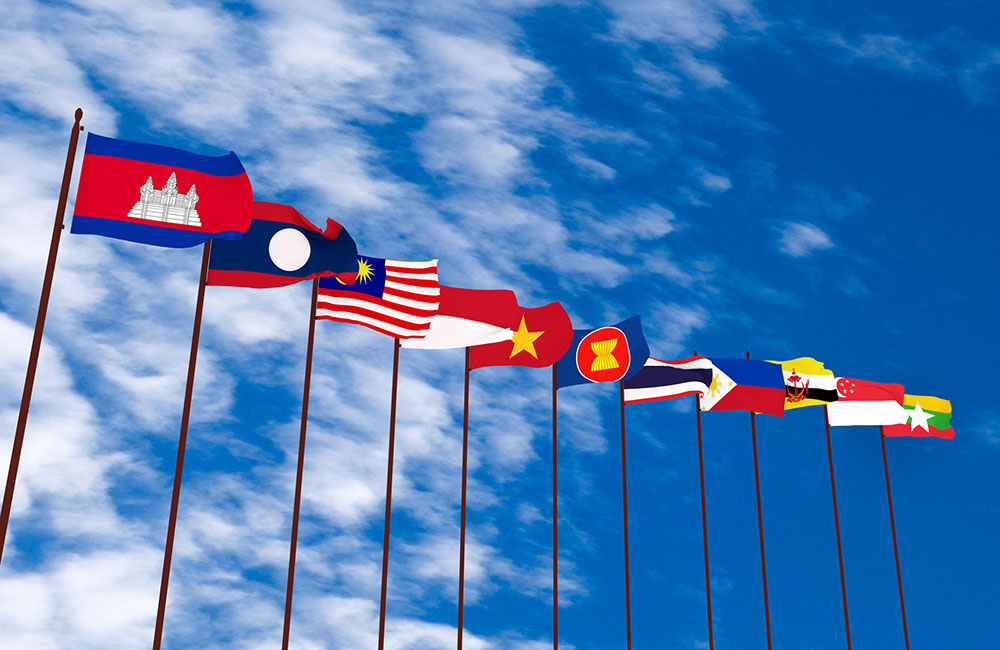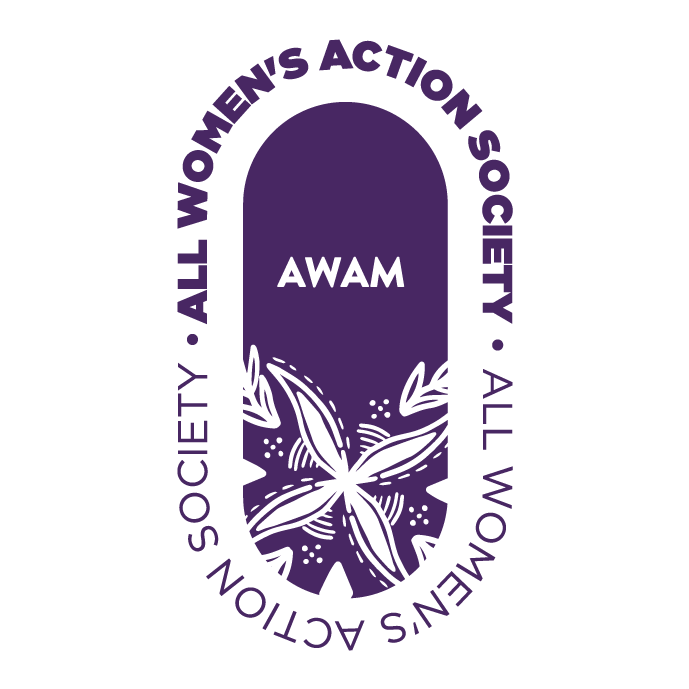
29 NOVEMBER 2020
As in past years and previous ASEAN Peoples’ Forums, the challenge facing ASEAN continues to be how to give full force and effect to, and to comprehensively implement the twin aims of increasing respect for and promotion of human rights, and the protecting and defending of human rights.
To rise to meet this challenge we, the participants of the Human Rights Roundtable Discussion, held in conjunction with the 37th ASEAN summit meeting in Kuala Lumpur on 2 November 2020, urge the government of Malaysia and the fellow governments of ASEAN member states:
– To recognise that in order to truly realise a people-centred ASEAN, the governments of ASEAN member states must acknowledge their principal and primary role as human rights duty bearers within the context of the UN Charter, the Universal Declaration of Human Rights, international human rights laws, standards and norms, the ASEAN Charter and the ASEAN Human Rights Declaration to prioritise a positive, progressive and proactive response to the heartfelt yearning for human rights and fundamental liberties of all the peoples of ASEAN, bearing in mind that “peoples’ rights are human rights” and are interconnected, indivisible and universal;
– To strengthen the rule of law, good governance and principles of democracy by introducing and strengthening national laws, regulations and rules within the legal systems of ASEAN member states to provide adequate, meaningful and timely protection for equal rights and dignity in all aspects of human life and endeavour, strict requirements of governmental transparency and accountability, stringent safeguards against abuse and malfeasance, and satisfactory recompense for transgressions and violations;
– To develop within the structure of the ASEAN Intergovernmental Commission on Human Rights, and in the context of the review of its terms of reference, a mechanism to receive, investigate, monitor, address and publicly report on complaints and other grievances caused by a transgression or violation of human rights and human dignity, to grant them the mandate to recommend and supervise the implementation of consequential remedial and other compensatory actions;
– To progressively develop and expand the role of ASEAN Intergovernmental Commission on Human Rights and its representatives, and other sectoral regional human rights bodies, including a greater advisory mandate to ASEAN member states’ governments in the realisation of and reporting on the implementation of international human rights treaties and commitments, and to improve on the methods of appointment of representatives to promote transparency, and operational independence of the Asean Intergovernmental Commission on Human Rights and the other sectoral regional human rights bodies, to make it more reflective of and responsive to the needs of the peoples of ASEAN;
– To strongly support, empower and protect from harm and harassment, both offline and online, all human rights defenders, be they individuals, communities, civil society groups or national human rights institutions, who are the critical frontline workers in the struggle to protect and defend the human rights and fundamental freedoms of the peoples of ASEAN;
– To expand knowledge and understanding of human rights and fundamental freedoms, and the requirement of legality, necessity and proportionality in any potential restrictions, through better and wider education and free access to information and technology, to all tiers of government and sectors of society, and to adequately fund, directly or indirectly, initiatives and activities to broaden the benefit and enjoyment of such rights and freedoms by all the peoples of ASEAN;
– To develop and advance national and regional arrangements between ASEAN member states to ensure the mutual and equal enjoyment and protection of human rights and fundamental freedoms by all the peoples of ASEAN within every ASEAN member state, irrespective of their home or host country, with especial focus on institutionalised patriarchy, gender inequality, sexual orientation, nationality, disability, the politicisation of ethnicity and religion and all their intersectional impact on all aspects of human rights;
– To introduce national and regional protections to prevent national and intra-regional violations of human rights and fundamental freedoms, be they civil, political, economic, social or cultural, including issues of human trafficking and forced labour, bilateral or multilateral trade agreements, refugees, asylum seekers and statelessness, transboundary environmental pollution and ecological destruction, cross-border corruption, people-movement and unequal citizenship and nationality provisions, and pandemic response
To engage continually with civil society to reaffirm the importance of maintaining community-building efforts and dialogue with external and internal key stakeholders, and to widen the scope of people’s participation in the decision-making processes within ASEAN, utilising the principles of specific, measurable, achievable, relevant, time-
oriented and;
– To explore further and better ways to deliver on the progressive needs and meet the rising expectations of the peoples of ASEAN in the areas of human rights, fundamental freedoms, quality of life and level of development as a means of achieving the goal of “a people-centred ASEAN is an ASEAN responding to human rights”
Endorsed by:
1. Pusat Komas (Komas)
2. Suara Rakyat Malaysia (Suaram)
3. Persatuan Sahabat Wanita Selangor (PSWS)
4. Beyond Borders Malaysia
5. Tenaganita
6. Persatuan Promosi Hak Asasi Manusia (Proham)
7. Family Frontiers
8. Collective of Applied Law & Legal Realism (CALR)
9. Justice for Sisters
10. Centre for Independent Journalism
11. Community Action Network (CAN)
12. Aliran
13. Pergerakan Tenaga Akademik Malaysia (Gerak)
14. Islamic Renaissance Front
15. Sisters in Islam
16. Persekutuan Persatuan-Persatuan Lembaga Pengurus Sekolah Cina Malaysia (Dong Zong)
17. Childline Foundation
18. Women’s Aid Organisation
19. Society for Equality, Respect And Trust for All Sabah (Serata)
20. Association of Women Lawyers
21. Sabah Human Rights Centre (SHRC)
22. Advocates for Non-Discrimination and Access to Knowledge (Anak)
23. Sabah Women’s Action-Resource Group (Sawo)
24. Community Women and Worker Network (CWWN)
25. Bersih 2.0
26. Sabah Reform Initiative (Sari)
27. All Women’s Action Society (Awam)
28. Engage
29. Agora Society Malaysia
30. Malaysian Action for Justice and Unity (Maju)
31. G25 Malaysia

